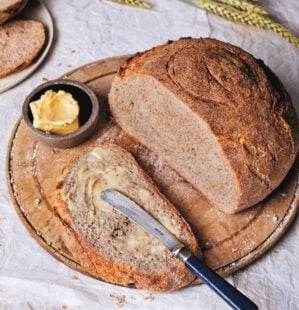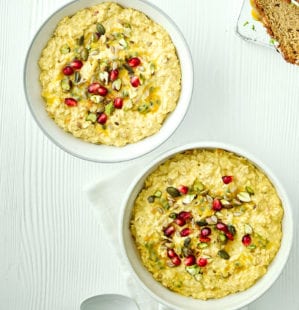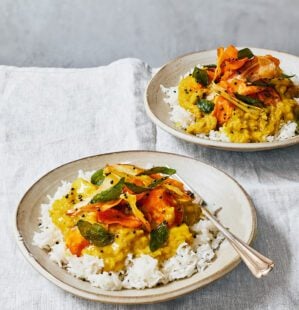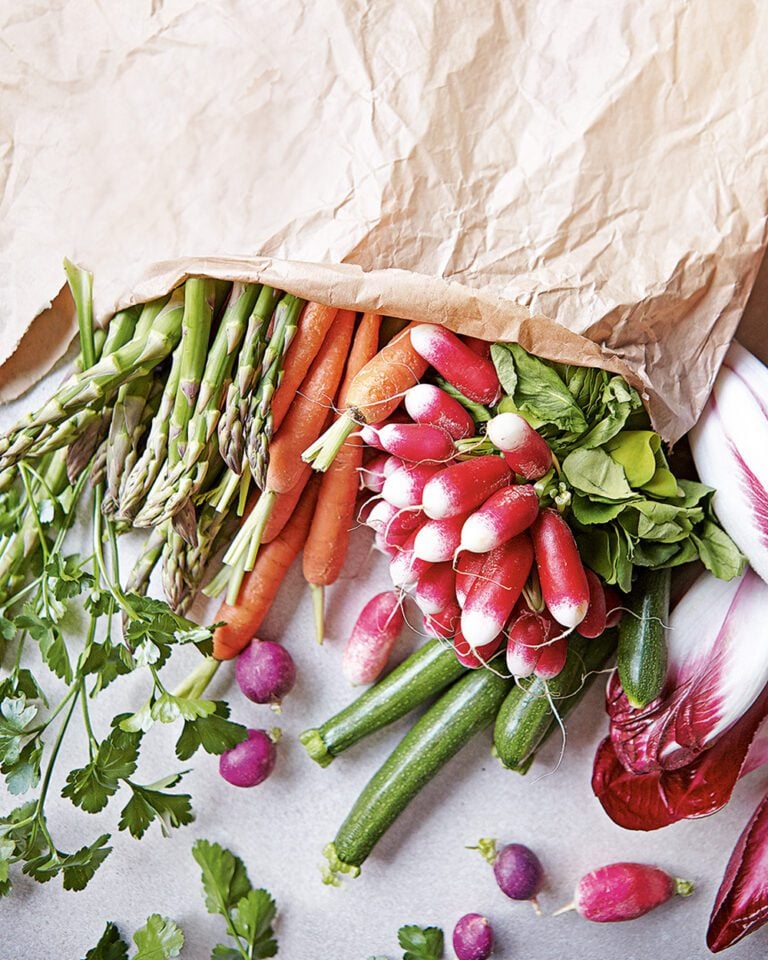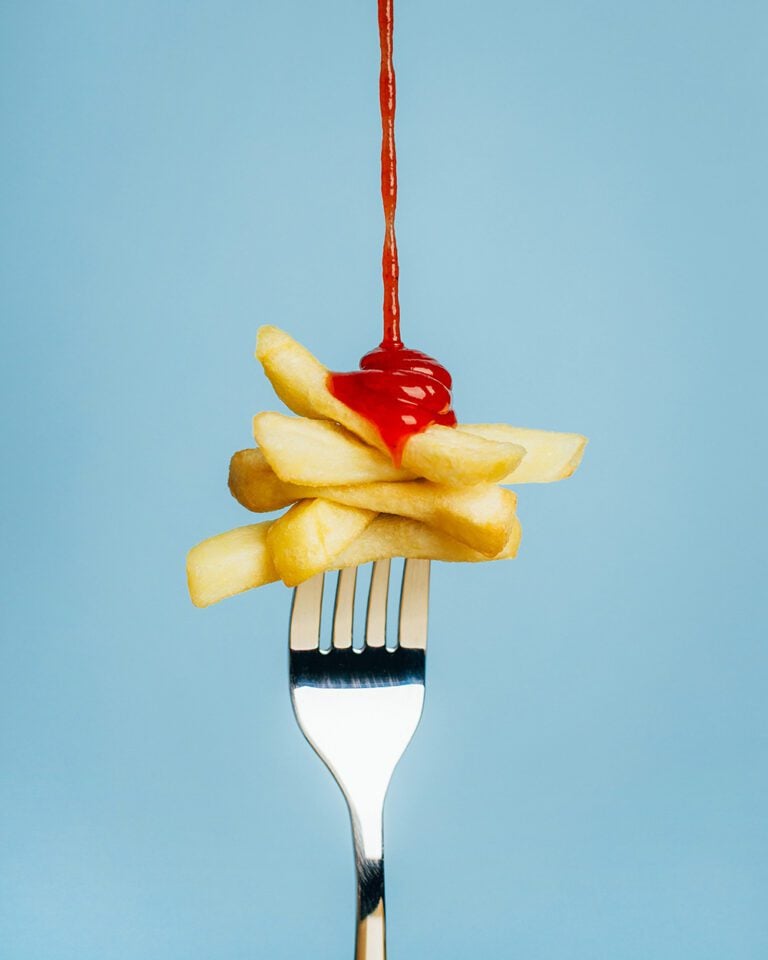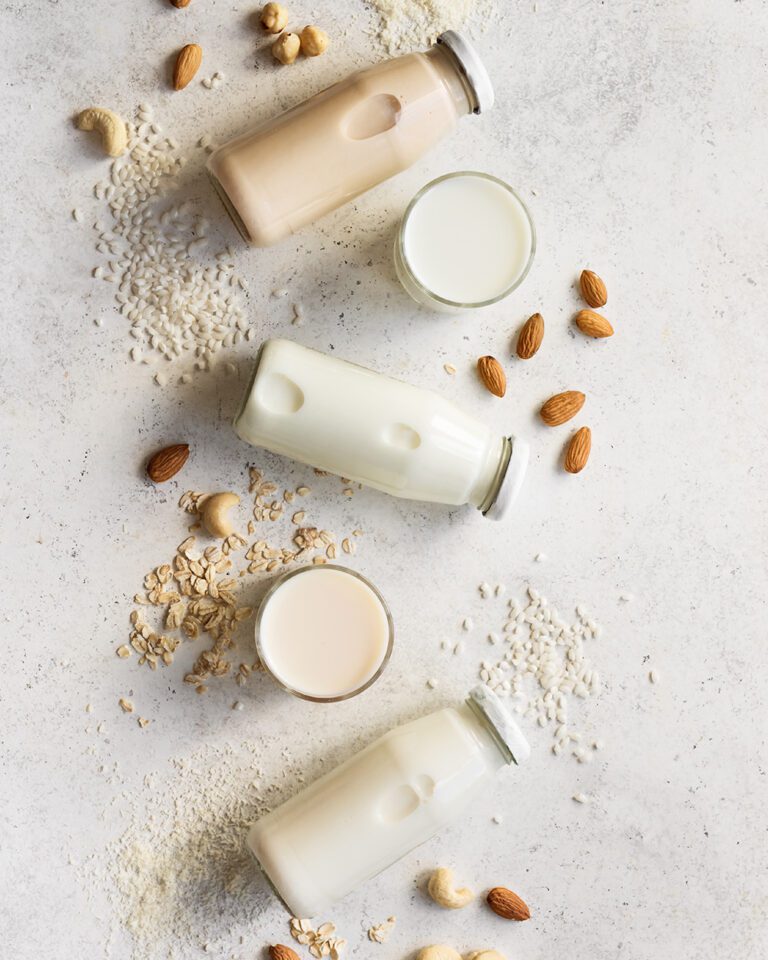Are carbs really the enemy?
Many people follow a low carb diet to lose weight, improve their metabolic health or simply because they think it’s a healthier option. As a result, carbohydrates have earned a reputation for being bad for us. But is it possible we’ve got them wrong? Sue Quinn finds the debate isn’t black and white (or even brown and white). Are carbs really the enemy, or is it time to make peace with this misunderstood food group?
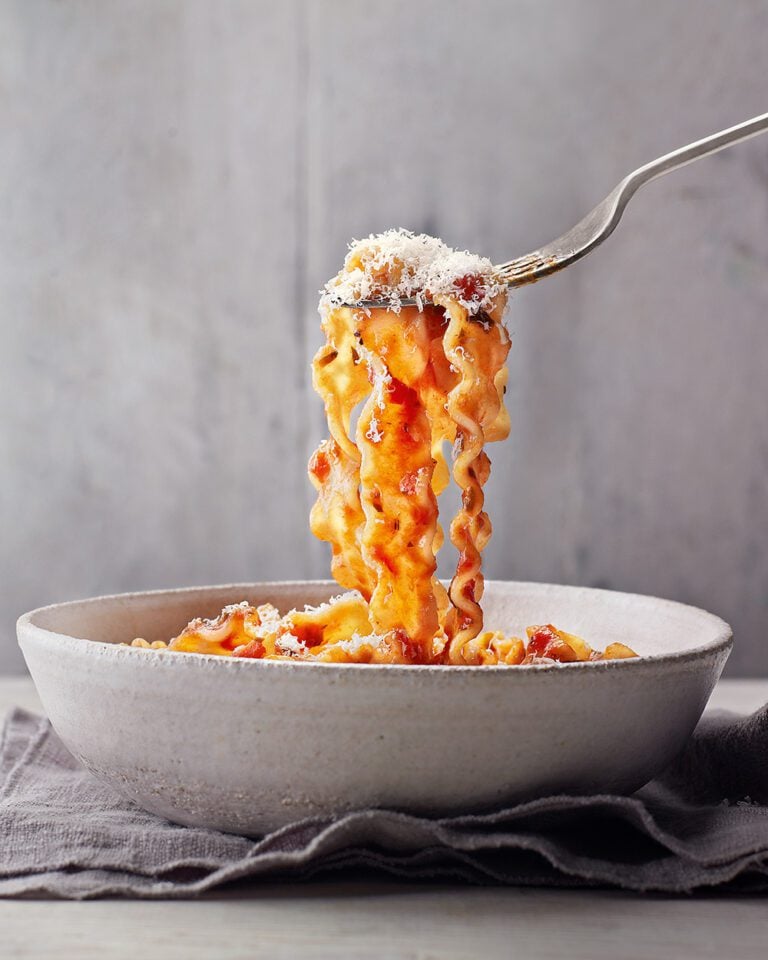
If the mere mention of the word ‘carbs’ makes you think of foods best avoided, you’re in good company. Surveys show as many as 13 per cent of us follow a low or no carb diet, limiting our intake of foods such as bread, pasta and rice. But medical experts and nutritionists say carbohydrates are widely misunderstood, and the benefits of including some carb types in our diet are largely being overlooked. What’s more, carbohydrates are often dumped in the same basket when not all are the same.
What are carbohydrates?
They’re a varied group of foods, chemically composed of complexes of sugars,” says Roy Taylor, professor of medicine and metabolism at Newcastle University. “They provide energy, and some are needed for optimal health.” There are two broad types: sugar and starch. When digested, both are broken down into glucose, which enters our bloodstream and provides some of the energy we need to function. (Fibre is also technically a carb, but it’s one we can’t digest.)
Sugar carbohydrates include those found in fruit, veg, milk and dairy products; because they’re contained inside plant cells (with fibre) or, in the case of dairy, accompanied by protein, they take longer to digest than so-called free sugars. These are the kind added to manufactured food and drink, and found in fruit juice and fruit purées.
Starchy carbs include rice, pasta, bread and potatoes; wholegrain varieties contain fibre and nutrients, and therefore have more health benefits than refined versions like white bread. According to official UK health advice, starchy foods should make up around one third of the food we eat.
Are some carbs better for our health than others?
When carbohydrates are turned into glucose, our blood sugar levels rise, then fall. “Ideally, we want to avoid high blood sugar spikes and subsequent dips, which can cause hunger and cravings,” says Yvonne Richards, a registered nutritionist and coach at weight-loss service Voy. Minimally processed or unprocessed starchy carbs, especially fibre-rich vegetables and wholegrains, are the healthiest. “They cause less of a blood sugar spike, as they’re digested more slowly,” Richards says.
Refined starchy carbs – white bread, cakes, biscuits, crisps and the like – cause bigger spikes because they’re rapidly digested. But there’s no need to ditch these foods completely. “You can reduce the spike by eating them as a dessert at the end of a meal, or with a source of protein,” Richards says, “such as chocolate with nuts.”
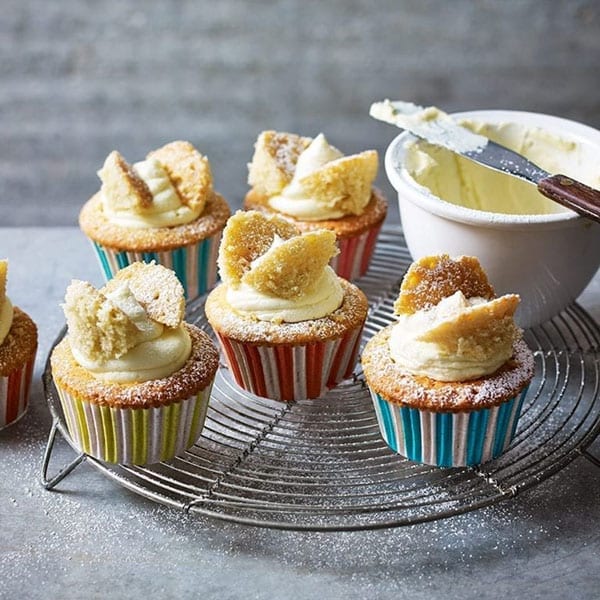
Sugar: the least healthy carbohydrate
Prof Taylor places less importance on opting for wholegrain over white bread, or brown over white rice. “The nutritional differences are trivial for most people,” he says. The key carbs to limit are sugars, he says. “Low carb diets are fashionable and much discussed, but the vital thing for health is to avoid a high sugar intake.”
Many sugary foods are easily identified, but savoury products like ready-meals and condiments can also contain significant amounts, and Prof Taylor urges everyone to check labels. Look for the “Carbohydrates of which sugars” figure: more than 22.5g of total sugars per 100g means it’s high in sugar, while 5g or less is low.
“The nutritional differences between wholegrain over white bread, or brown over white rice, are trivial for most people"
What are resistant carbs?
These include oats, underripe bananas, beans and legumes. Resistant carbs contain a type of fibre that ferments in the intestine, delivering health benefits. “They help to feed the good bacteria in your gut, as well as having a lesser effect on blood glucose levels,” Young says.
Cooking sometimes destroys this type of fibre, but it can be restored by allowing the food to cool. “Cook and cool potato or pasta, which make a delicious addition to salads,” Young says. “Or they can be reheated again with the same impact.”
Other ways to boost the resistant starch in your diet include toasting bread from frozen, making overnight oats instead of porridge, and adding lentils and pulses to your meals, Young says.
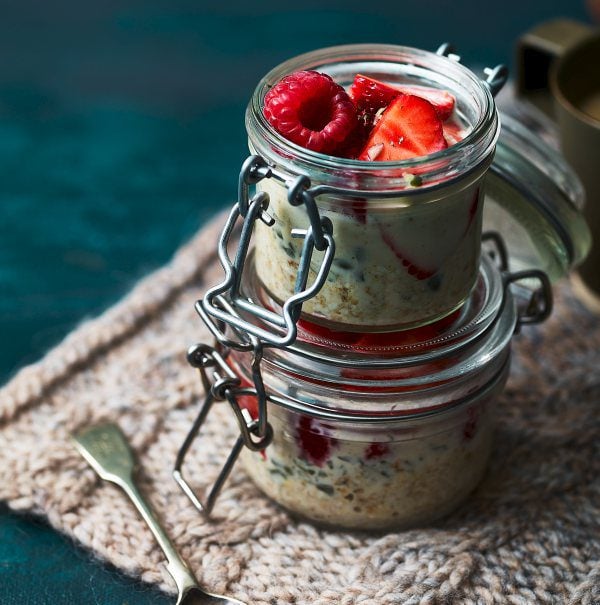
“Ways to boost the resistant starch in your diet include toasting bread from frozen, making overnight oats instead of porridge, and adding lentils and pulses to your meals”
Can low-carb diets help with weight loss?
“Low carb diets can produce some weight loss in the short term,” says Prof Taylor, who was awarded an MBE last year for his work that showed weight loss could put Type 2 diabetes into remission. However, he stresses that simply reducing your carb intake is not enough to reverse Type 2 diabetes.
To lose a “moderate” amount of weight, he advises cutting out free sugars and halving starchy carbs. That’s not because starchy carbs are bad for you – it’s just the best way to reduce calories: the proteins on your plate will help keep you full – so you won’t binge later – and vegetables are relatively low in calories anyway, he says.
The danger of low-carb diets?
Extremely low-carb diets, involving less than 20g of carbohydrate per day, simply aren’t good for you. “It can be extremely dangerous,” Prof Taylor says. “Some people are likely to develop profound weakness, which could even be fatal.”
In fact, slashing your carb intake can result in the opposite of what was intended. “For most people it just leads to cravings and the potential to overeat sugary foods,” Young says. What’s more, the benefits of eating high-quality carbs – wholegrains, fruit, vegetables and pulses – are clear. A recent scientific review of carbohydrates by the World Health Organisation found a link between these foods and better overall health.
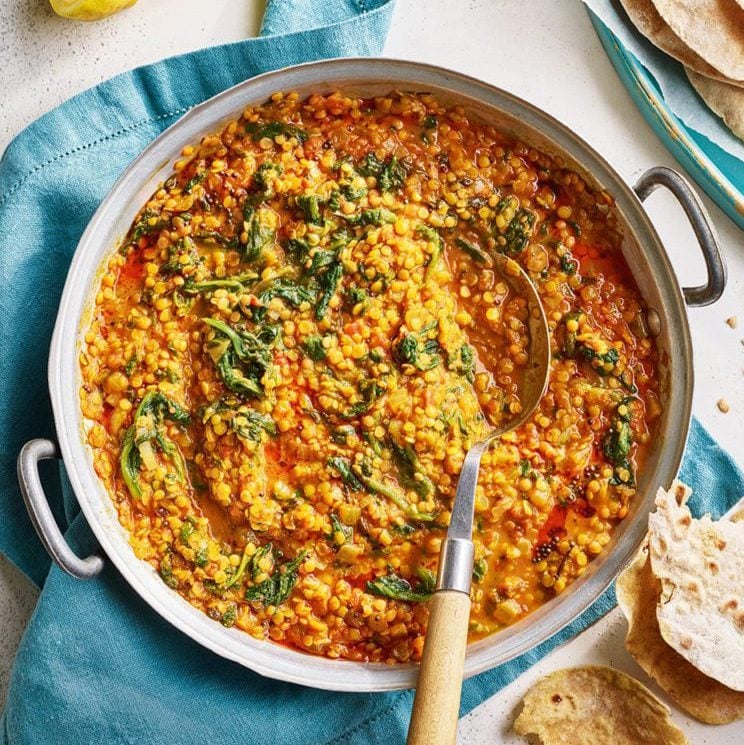
The bottom line
Not all carbohydrates are the same. Quality carbs provide energy, fibre and nutrients and should be included in a healthy balanced diet. Reducing starchy carbs can help with weight loss but they shouldn’t be excluded from your diet completely. Sugary carbs are the least beneficial for health, but there are ways to enjoy them to limit their negative impact.
Healthy ways to enjoy carbs
- To limit blood sugar spikes and sugar cravings, opt for unprocessed or minimally processed carbs like wholegrains, vegetables, fruit and beans.
- Save highly processed refined sweet carbs to have as part of a meal (dessert) or enjoy with a source of protein.
- Enjoy other highly processed carbs with protein, too. For example, toast with avocado, eggs or peanut butter; crackers with houmous or cheese.
- When trying to lose a moderate amount of weight, halve the amount of starchy carbs you’d normally eat with a meal.
Looking to make more healthy tweaks to your diet? Try some of our healthy family meals – or read more of our health tips and ideas.
Subscribe to our magazine
Food stories, skills and tested recipes, straight to your door... Enjoy 5 issues for just £5 with our special introductory offer.
Subscribe
Unleash your inner chef
Looking for inspiration? Receive the latest recipes with our newsletter
